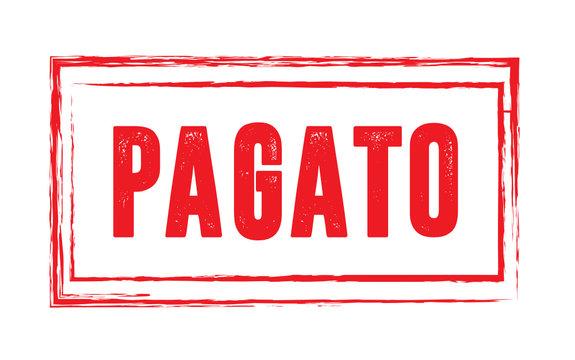Brazil’s prominent trading firm Timbro has officially entered the coffee export market, signaling a strategic move to capitalize on expanding global demand. As the world’s largest coffee producer continues to dominate supply chains, Timbro aims to carve out a foothold in this highly competitive sector, leveraging Brazil’s robust production capacity and favorable market conditions. Industry analysts view this development as a sign of growing confidence in coffee exports, with Timbro poised to contribute to Brazil’s already significant role in the international coffee trade.
Timbro Targets Brazil’s Coffee Export Market Amid Growing Global Demand
Timbro’s strategic entry into Brazil’s coffee export sector marks a significant move to capitalize on rising worldwide demand for the commodity. With Brazil being the world’s largest coffee producer, the trading firm aims to leverage its robust local network and operational expertise to streamline supply chain efficiencies and connect premium Brazilian coffee to emerging markets. Industry analysts note that Timbro’s focus will likely include specialty Arabica varieties, tapping into the growing consumer preference for high-quality, sustainably sourced beans.
Key factors driving Timbro’s market entry include:
- Rising global consumption: Coffee demand in Asia and Europe is expanding rapidly.
- Competitive pricing: Favorable currency fluctuations improving export profit margins.
- Infrastructure improvements: Enhanced port and logistics capabilities reducing shipment times.
| Export Region | Projected Annual Growth | Specialty Coffee Demand |
|---|---|---|
| Asia-Pacific | 8.5% | High |
| Europe | 5.7% | Very High |
| North America | 4.0% | Moderate |
Strategic Advantages and Challenges Facing Timbro in Coffee Trade Expansion
Timbro’s entry into the coffee export market marks a strategic pivot leveraging Brazil’s status as the world’s largest coffee producer. By capitalizing on its established trading infrastructure and deep local networks, the firm is positioned to optimize supply chain efficiencies and secure competitive pricing advantages. Access to premium Arabica beans and investments in quality control further strengthen Timbro’s market appeal, especially as global demand shifts towards specialty coffees. This combination of entrenched market knowledge and quality differentiation sets a foundation for sustainable growth amid rising international coffee consumption.
Nevertheless, Timbro faces notable challenges that include navigating volatile global coffee prices and stiff competition from entrenched exporters in Latin America and Africa. Additional hurdles involve managing the effects of climate change on crop yields and meeting increasingly stringent sustainability certifications demanded by major buyers. Key factors influencing Timbro’s trajectory include:
- Fluctuations in Brazilian real impacting export profitability
- Compliance with environmental and social governance (ESG) standards
- Building brand recognition in crowded international markets
| Advantage | Challenge |
|---|---|
| Strong domestic supply and quality control | Price volatility and currency risk |
| Established logistics and trading network | ESG compliance pressures |
| Growing global specialty coffee demand | Market entry against established exporters |
Recommendations for Navigating Competitive Dynamics and Maximizing Growth Opportunities
To effectively position themselves within the fiercely competitive coffee export market, Brazilian trading firms like Timbro must harness a deep understanding of both global demand trends and supply chain nuances. Strategic partnerships with local farmers can ensure consistent quality and volume, while investments in sustainable practices will increasingly resonate with environmentally conscious buyers. Additionally, focusing on niche segments, such as specialty or organic coffees, can unlock premium pricing and foster brand differentiation in crowded marketplaces.
Operational agility also plays a critical role in capitalizing on emerging growth avenues. Firms should prioritize digital platforms for market intelligence and real-time logistics tracking to enhance transparency and speed-to-market. Below is a concise overview of key strategic priorities for trading firms aiming to scale in the coffee export sector:
| Focus Area | Recommended Actions |
|---|---|
| Supply Chain Management | Form exclusive contracts with top growers |
| Product Differentiation | Invest in certifications (Fair Trade, Organic) |
| Market Penetration | Leverage e-commerce and export partnerships |
| Technology Adoption | Deploy AI-driven demand forecasting tools |
Final Thoughts
As Timbro steps into the coffee export market, its move signals growing confidence in Brazil’s coffee sector amid rising global demand. Industry observers will be watching closely to see how the trading firm leverages its market expertise to carve out a competitive edge. With Brazil firmly established as the world’s largest coffee producer, Timbro’s entry could further intensify competition and influence export dynamics in the coming years.




